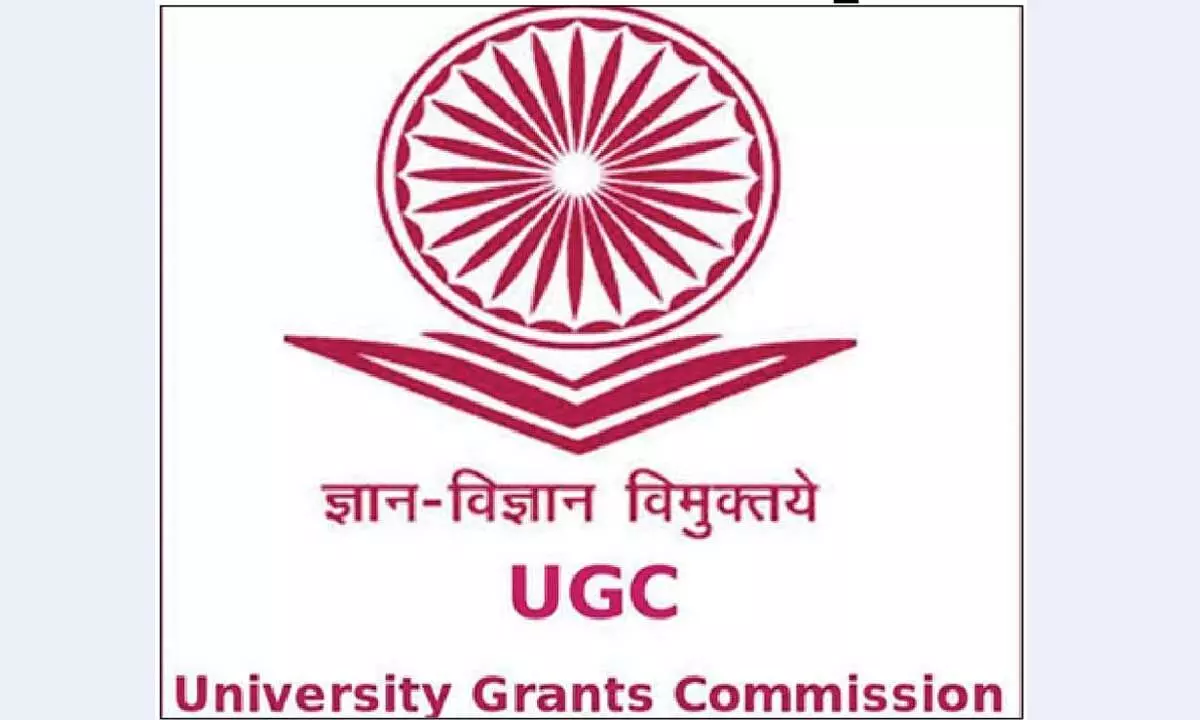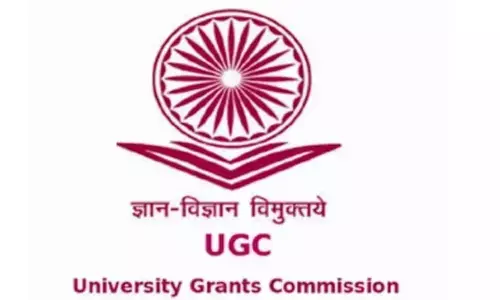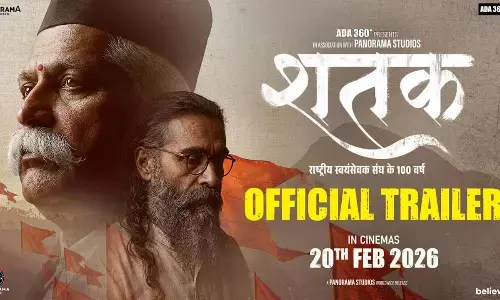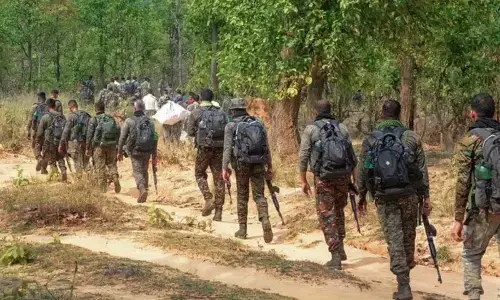Is UGC neglecting music and dance interdisciplinary studies?

- Students of several State boards and State universities subjected to 'rationed studies'
- Students should study what is offered and not what they want
Hyderabad: Is it time for the University Grants Commission (UGC) to think and bring some colour and frolic to the undergraduate syllabus?
This has been the hunting question for generations among several academicians subjugated to teaching the syllabus-riddled Macaulay education system. The impetus that the UGC is giving to the interdisciplinary and multidisciplinary approach, Indian Knowledge Systems (IKWS), and integration of general (academic) and vocational education while ensuring the vertical and horizontal mobility of students and learners between academic and vocational streams are not seen even light of the day across several universities in Telangana and Andhra Pradesh.
On the other, the UGC is moving at lightning speed issuing guidelines and easing regulations resulting in current students who have completed their undergraduate courses could appear for the UGC's Junior Research Fellowship (JRF) examination to take admissions into research programmes. Speaking to The Hans India, former vice-chancellor of a State university in Telangana said, "The Choice Based Credit System (CBCS) introduced at the undergraduate courses is more or less a hogwash. The universities were compelled to adopt it. Intern, the existing courses have been put into different buckets and offered like an old wine in a new bottle. However, in some cases it is helping students from science and technology. Further, the problems persisting from the 10+2 level and given this, it would be near impossible for the colleges to deliver what the UGC expects.”
Reaon, students from the 10+2 level across several Senior Secondary School Boards (SB) and State universities are offered "rationed studies," literally, killing the students' energy, enthusiasm, and ambitions.
Take, for example, the State Board of Intermediate Education, in Andhra Pradesh, Tamil Nadu, Telangana, Karnataka and Kerala.
A cursory look at the syllabus and examination timetables of these state boards tells us that more or less in the regular general study streams, they offer, groups like Commerce, Economics and Civics (CEC), History, Economics and Civics (HEC), Mathematics, Physics and Chemistry (MPC), Biology, Physics and Chemistry (BiPC). In addition, they offer "Vocational Courses," more or less combining some subjects in a group. The categorisation and classification of this grouping system are akin to how below-poverty level families are offered 5 kg free rice under Pradhan Mantri Graib Kayan Anna Yojana (PMGKAY) or similar schemes of the state governments through the ration shops under the Public Distribution System (PDS). However, the Central Board of Secondary Education (CBSE) and Indian School Certificate Examination (ICSE) allow students to pursue courses at the 10+2 level in a multidisciplinary approach. Following the implementation of the New Education Policy 2020 (NEP-2020).
Against this backdrop, the UGC is to introduce Short-Term Skill Development Courses in Higher Educational Institutions (HEIs).
Making things more complicated for the state universities and their affiliated colleges. A cursory look at different degree programmes at the Bachelor of Arts (BA) in Economics, Psychology, and Political Science, Philosophy, and History students could pursue some modern courses like AI related to their subject.
The close relationship between music and various fields such as mathematics, psychology, linguistics, and infant studies, cognitive studies is recognised worldwide. However, students majoring in mathematics, physics, or electronics who wish to study classical music and dance forms often do not receive academic credits for these courses. This situation arises because neither state universities nor the University Grants Commission (UGC) have provided clear guidelines on the matter. Despite the applied side of such interdisciplinary area have practical implications and have economical, utilitarian values. Besides, help to build new intellectual capital.











